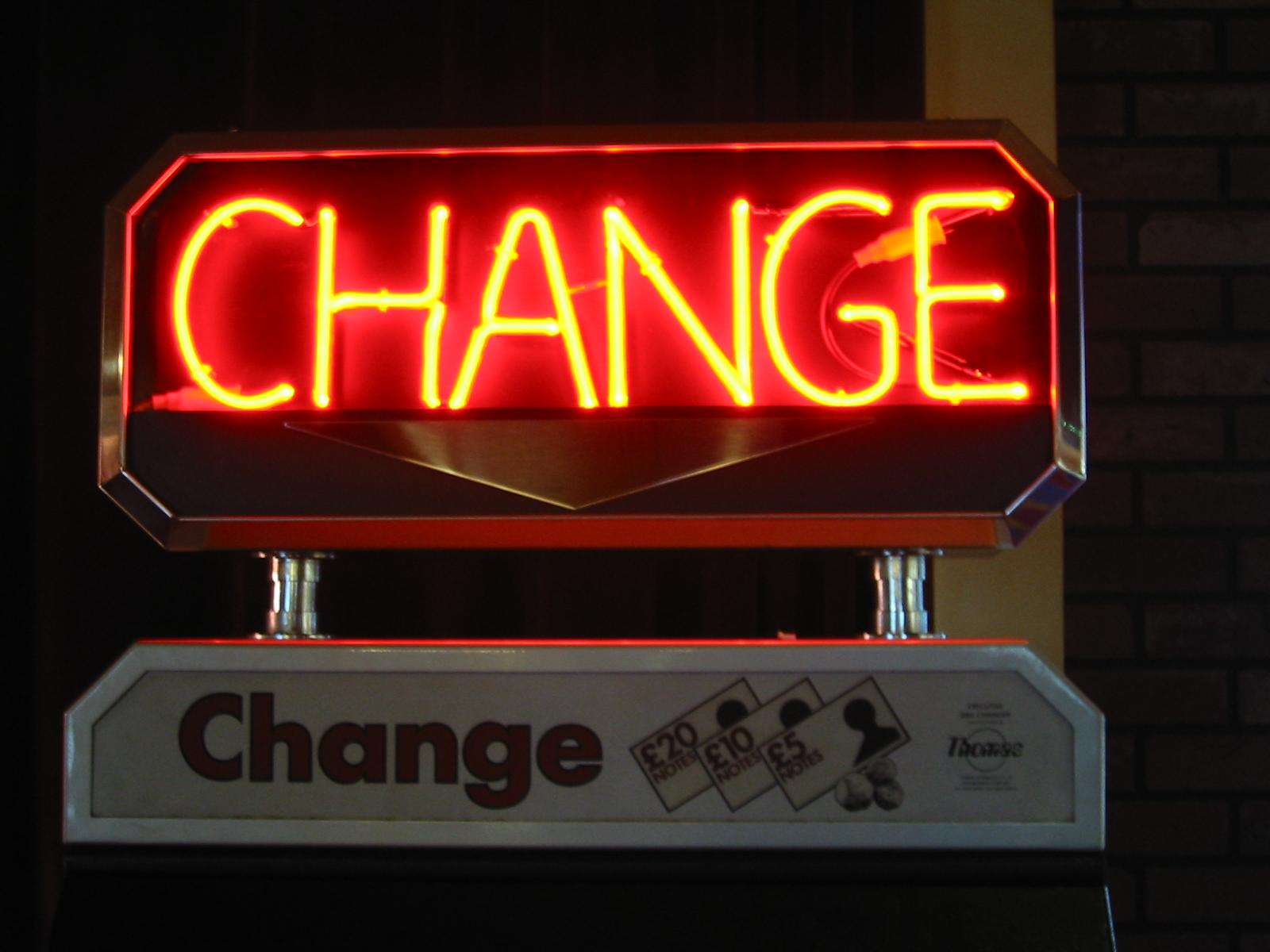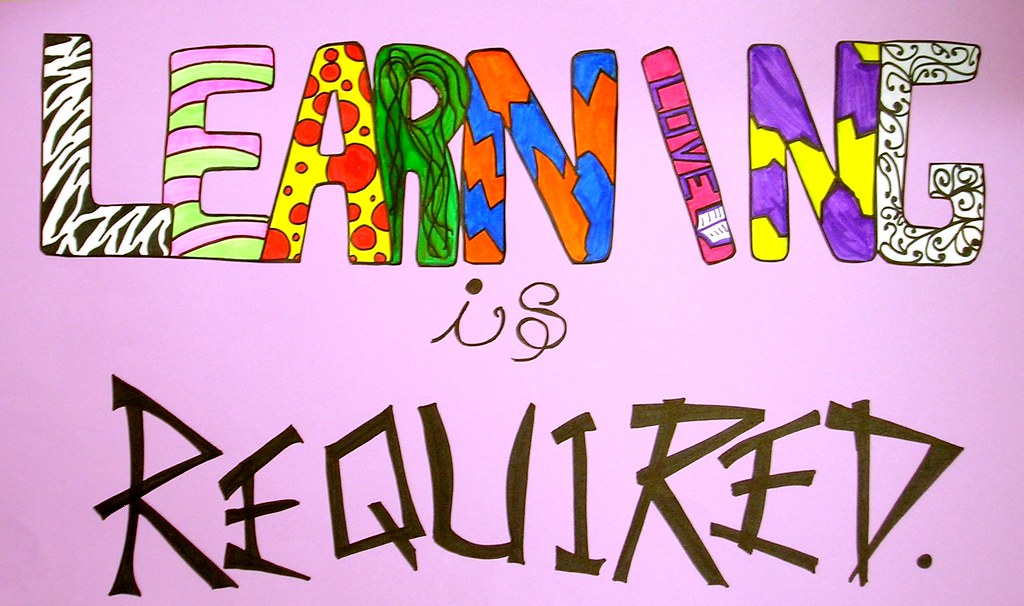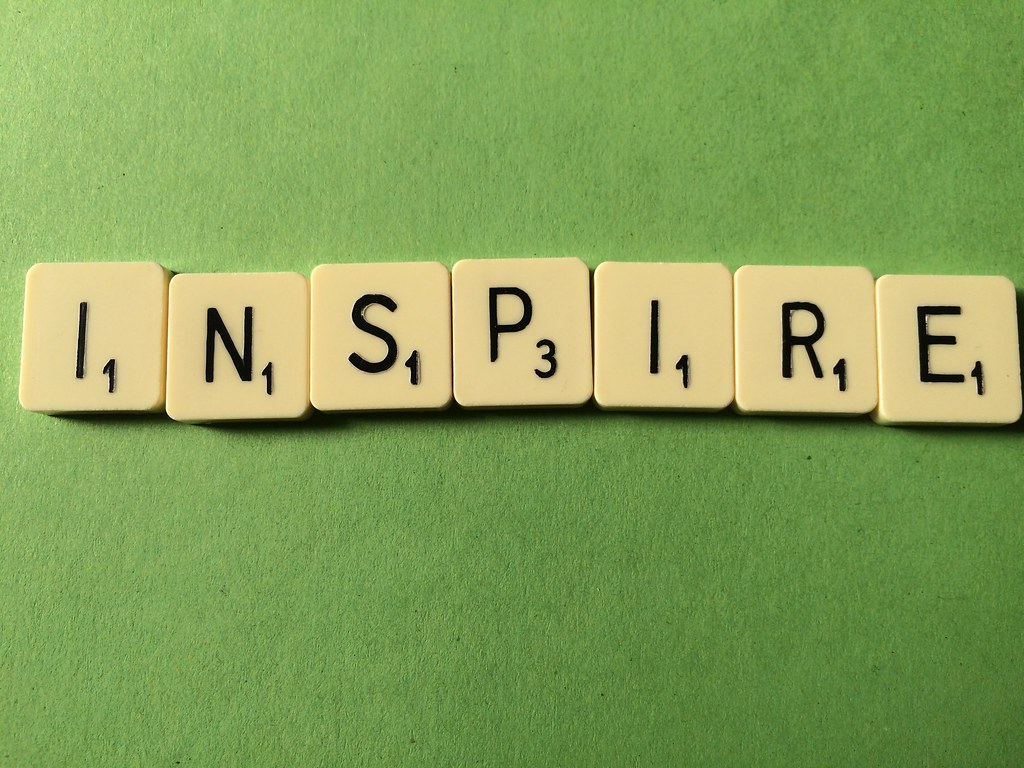We have to actually ask ourselves, what is the purpose of school and education? If we answer that it is about preparing young people for entering society, the workforce and for further study, then we'd have to conclude that we currently miss out enormously on the opportunities that this gives us as a society. It's not that surprising really, society as a whole is broken. Call it a first-world problem if you will, but it also explains why the majority of the third-world remains as such. Society is broken because we're getting it wrong on so many levels, both individually and collectively. We're raising generations to perpetuate what we already know isn't really right. Okay, let me rewind slightly before I dig into education, let's ask the fundamental question of what's wrong with society?
Firstly, we're all out for ourselves. We generally are taught from a young age that life's not fair and that you have to take and grab everything you can. We're highly materialistic and driven by the 'American Dream' of making lots of money so we can have a ridiculous amount of creature comforts we neither need or fully appreciate. The irony of the selfish desire to look after number one and then to expand slightly to close family and maybe even one or two friends (though obviously not at our own expense) is that we come together collectively to achieve and perpetuate this. This is where collectively we align. Not to save the world from poverty, not to make sure that it's a fair and equitable existence, not to stamp out preventable illness, to further the scientific discoveries or express our creative selves. No. We come together to put ourselves first.
If common sense is rare, then communal sense is all but mythical. It seem like rather than 'adding' individuals sense together, the more we crowd into a single purpose the dumber it gets. Mob thought has rarely produced anything of great value unfortunately. I really don't mean to criticise those that stand up for what they believe in and unite together to campaign peacefully. I think that's probably the one exception, but even then often the purity of the original message is lost in collective dumbness - perhaps that's why so many protests turn violent or result in behaviours as bad or sometimes worse than they were originally protesting about.
If I had to come up with the single biggest issue beyond selfishness it would be a lack of empathy in our society. Fitting in to a society that's broken is just plain daft. We not only waste an enormous amount of our time, love, money and efforts attempting to fit in with what our collective ignorance tells is normal, we actively strike out at those that don't measure up to it. Those around us that don't fit our broken model of normal we ostracise. We pick on those that are 'dirty' and those that live 'alternatively'. We pick on those that are weaker, those that think differently, any minorities that we find; heck we even pick on those that stand out by succeeding more than we feel they should. In New Zealand I've heard lots of people talk about Tall Poppy Syndrome where we put down those that make it in the belief that they make the rest of us look bad. In fact we're so intent on making everything and everyone normal we don't actually stop to ask if normal is right.
It's not. Right. Normal that is. What is lacking from the picture is empathy and understanding. The key quality that makes a society work and operate at the highest of levels is empathy. When we start to care about those around us at a more than superficial level everything changes. Now at this point you're probably wondering what type of nutter extremist I am. A communist? An idealist? A revolutionist? I don't think I'm any of those, I surely wouldn't define myself as any of the above, but I am an individual and I do want to change both personally and collectively. Ever since I was aware enough about what was going on around me I knew I was letting myself down much the same as everyone else around me was doing the same. I'm far from the human I think I could be just as this society is so far away from what it could be too. I've so often put myself first and often reaped the so called rewards of it. I've obtained a high level of education and earned good money, live in a nice home etc. But deep down the more I achieve the less I'm satisfied by achieving those things. I could quit my job, sell the home and go work for a charity or help starving kids in Africa (and maybe I should), but I actually don't think that's the answer either. The answer is as an individual to embrace empathy on a level that I haven't and perhaps we haven't before.
Society sets us goals. House, family, job, car, etc. We actually need to re-define those goals based around empathy. To be ultra successful should be something we measure by the value one adds to those around more than to the value one adds to themselves. And I don't mean by making lots of material wealth and then sharing it particularly either - all though that would be one way of achieving goals. The people we should hold up in highest esteem shouldn't be the ones that achieve the highest levels or earn the biggest salaries but the ones that are the best towards other people. That doesn't mean that traditionally successful people should be discriminated against either; you could make great pop music and be wealthy and be looked up to if you were the sort of person that looked after others. Can you imagine replacing our glossy magazines about pop culture with those about people who helped raise those around them? Uplifting stories of people who actually improved our society rather than just made things better for themselves.
If some of you are wondering if this is all coming to a religious type ending then you'll be disappointed. I'm not talking about religion at all actually. I think you can believe in one thing or another or not, but that really doesn't automatically mean that you achieve the levels of citizenship that I'm talking about here. There are great christians who look after those around them and hit those high levels and there are awful ones who are really only out for themselves, or other christians. I could say the same about muslims. I could say the same about the other religions that I can or can't name. It's no more about religion than it is about skin colour. Or sex. Or sexual orientation. Or political beliefs. Thing is, the levels of empathy I'm talking about are set around acceptance of others and all their beliefs and upbringing and actually just about everything about them. I don't know much about lots of these things but I do know that love is better than hate, in all its guises. I do know that if we look out for one another and less for ourselves we'll be better off for it, both collectively and individually.
We treat other cultures so badly on the whole. It's no wonder they 'hate' us when the we display hate to them on so many levels. In fact we treat other religions this way as a collective. We do the same with anything different when we use our collective (lack of) intelligence. We perpetuate the very thing we hate in others. We fight hate with more hate. We fight discrimination with more discrimination. We do this in the name of all that is making a 'normal' that is based around self and hate of others. It's actually a collective madness that we'd all see if we could step back away from it.
So, I started by talking education and I want to now return there. Our curriculum is currently set the same as it was back in the 19th century around maths, science and language predominantly. We need to adjust that if we're going to change this place. We need to start thinking about empathy as the number one subject taught at every school on this planet. We then need to have a core curriculum that bases itself around the other things that our society needs to move forwards; communication skills, problem solving, creativity - the sort of things by which a society as a whole can come together. That's it really, we can then add context to those key areas - maths is still important as a part of problem solving for certain issues. Language is an important part of communicating (but not the only one - body language, for example). Science is also a key part of problem solving and understanding our world. Our schools need to teach young people the values of others and the dangers of self - that's kind of the opposite to what we're currently doing.
Collectively we can change society, but it starts individually. For me an increase in my own empathy is the starting point, what about you?
Agree? Completely disagree? Interested in all opinions even if you just think I'm a bit loopy (and sometimes I'm inclined to agree with you).














